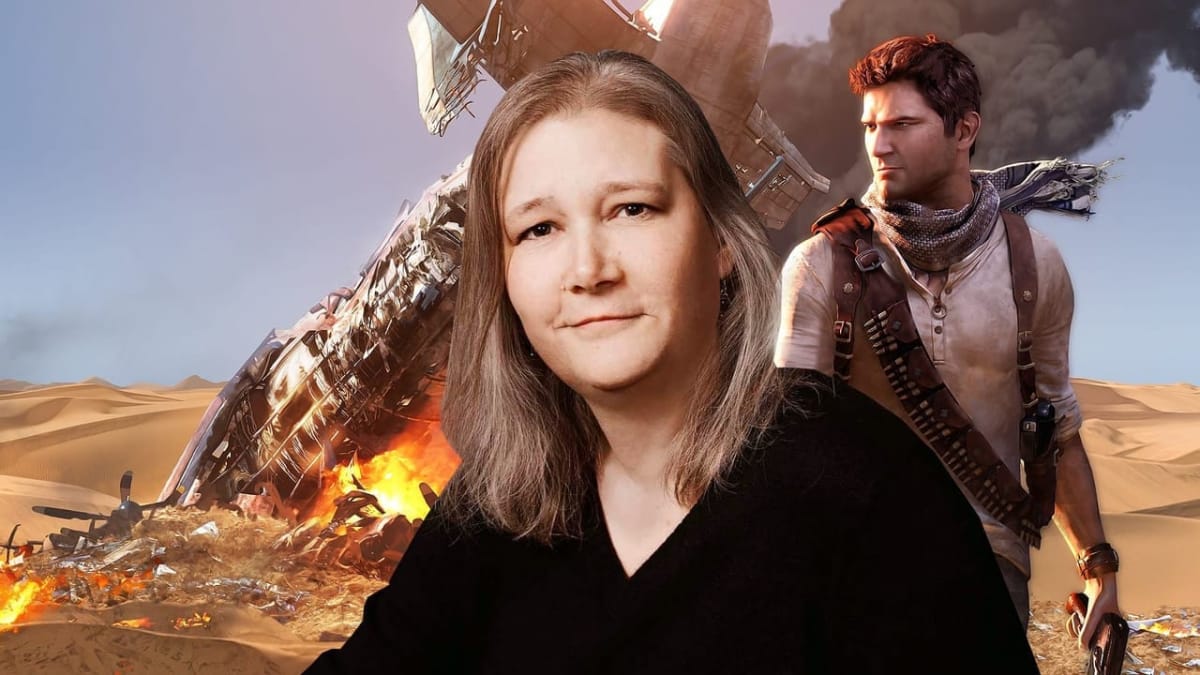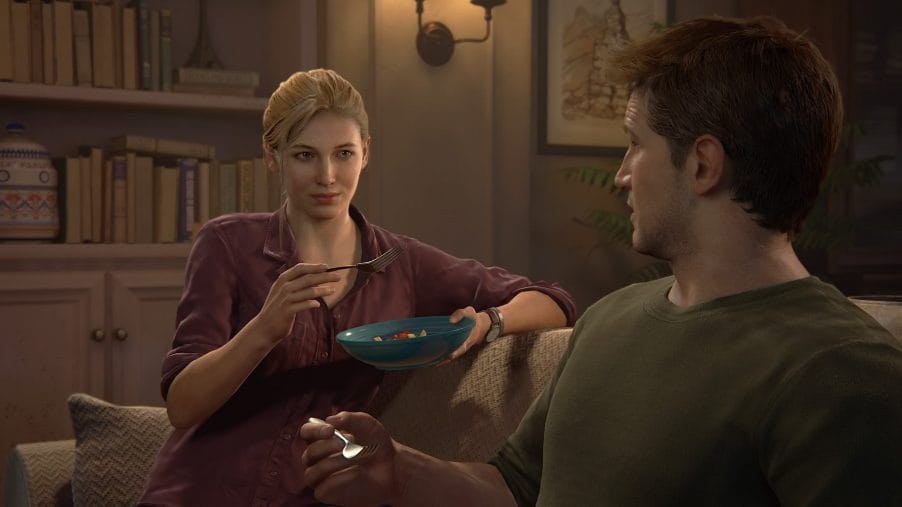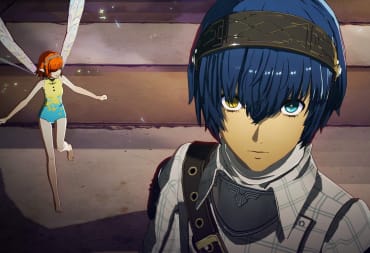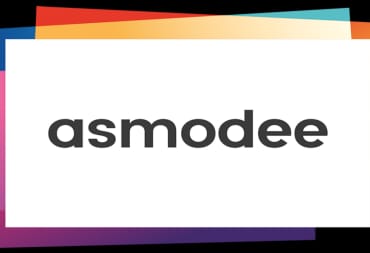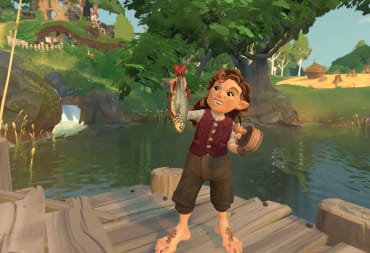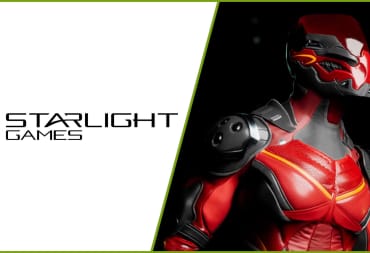As part of a much longer interview with Idle Thumbs for their Designer Notes podcast, Amy Hennig has openly criticized AAA development practices. Focusing on her extensive experience at Naughty Dog and work on the Uncharted series, the illustrious Ms Hennig revealed the harsh working conditions associated with 'the crunch.'
The crunch is the industry term for developers sleeping at their desks, eating nothing but noodles, and forgetting their families, in order to deliver various aspects of their games in time for big deadlines. In a more general discussion about making Triple-A games; Amy revealed that when working for Naughty Dog she, "pretty much worked seven days a week, at least 12 hours a day."
The creative force behind Soul Reaver and Uncharted went further too. The interviewer pressed on the topic, and when asked how many of Naughty Dog's team put in these kind of hours she replied, "A lot of it, I mean, Naughty Dog is pretty notorious for the amount of crunch, but obviously in a leadership role you try and do even more." This is interesting when you consider that earlier this year, Uncharted 4's Director - Neil Druckman - intimated that crunch was a factor in the production of the game in an interview with Rolling Stone.
Before anyone gets accused of bashing the old boss though, Hennig wasn't solely focused on Naughty Dog. She described Triple-A production in general as "an arms race that is unwinnable." When asked if making AAA games was worth the lifestyle that goes along with it, she replied, "I don't think so." She cited the example of colleagues who had gone through health problems, and even personal problems like divorce through the hours they have put into development.
That's not okay, any of that. None of this is worth that.To deconstruct these comments; she refers here specifically to the race for photo-realism, changes in technology requiring bigger and bigger budgets, and the associated increase in specific demands this brings from stakeholders. To illustrate the point; Hennig said, "when you pitch a game like this [Triple-A], it better be this many hours, you better have this mode, you better have this ... [etc.]" then sarcastically quipped "Yeah, or we could make the best [profanity deleted] 6 hour game you've ever seen, and please could you make it $40 [rather than $60]. Why is it that's not possible?"We have to get our act figured out as an industry, and the problem is that the ante keeps getting upped... It's an arms race that is unwinnable and is destroying people.There's people who never go home and see their families. They have children who are growing up without seeing them
In the interest of balancing the argument; to some up her comments about working on Uncharted, Hennig did say that she "wouldn't change anything in a way that meant [she] never made those games."
The interview itself runs for just over one and a half hours, and touches on many more topics. If you follow the link at the beginning of the article, you'll find insight into: working on collaborative projects, creativity in games design, the challenges of translating film to game, casting for actors, making Uncharted 1-3 and her contributions to Uncharted 4, and the decision to work on Visceral Games upcoming Star Wars project, among other things. Her comments on allowing actors to 'act' the characters they portray, rather than directing every movement, are particularly insightful.
On Star Wars; Amy suggests that the project itself was a big reason for her returning to work with EA. Hennig didn't approach this without reservations, worrying over whether she would be allowed the necessary freedom when working on such a big licensed franchise. But it seems that talking to the people involved with taking the franchise forward (through Disney's revamp of the movies, Star Wars Rebels, and more) reassured her that her contributions would align with the new direction.
It's worth noting that returning to EA to work on a game of that magnitude will not come without many of the pressures mentioned above. It seems, for Hennig at least, that the allure of writing on Triple-A games can still take precedence over concerns about the work-life balance.
Quick Take
It's sad to think that some developer's lives are negatively effected to this extent, just to provide us with the high-quality games we demand. It's an easy thing to blame financial pressure and the demands of publishers; but perhaps we, the general gaming audience and the media, need to ask ourselves if we would make the same sacrifice. If not, how can we demand it of someone else? We love games, and we always want more, but perhaps it's time to check our expectations - just a little.Are you prepared to give developers a break? Do publishers and developers need to be held to account over working practices? Give us your take in the comments below.
